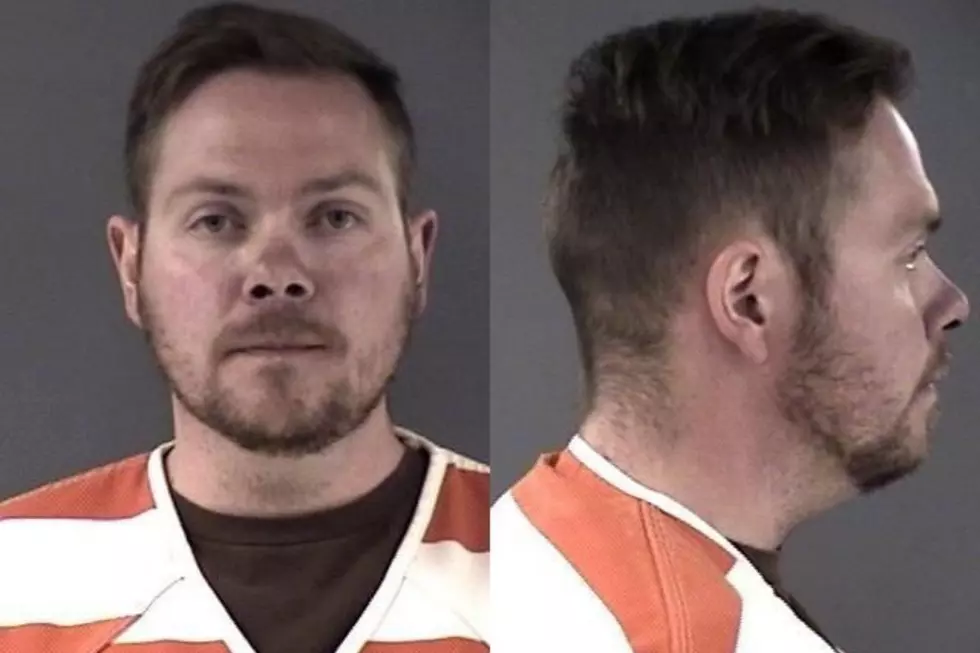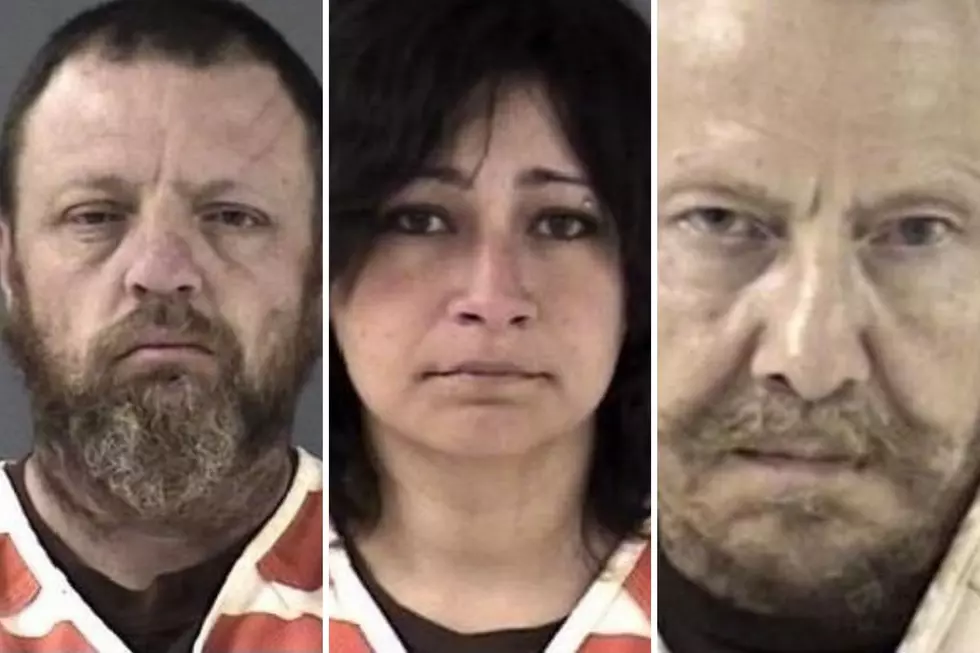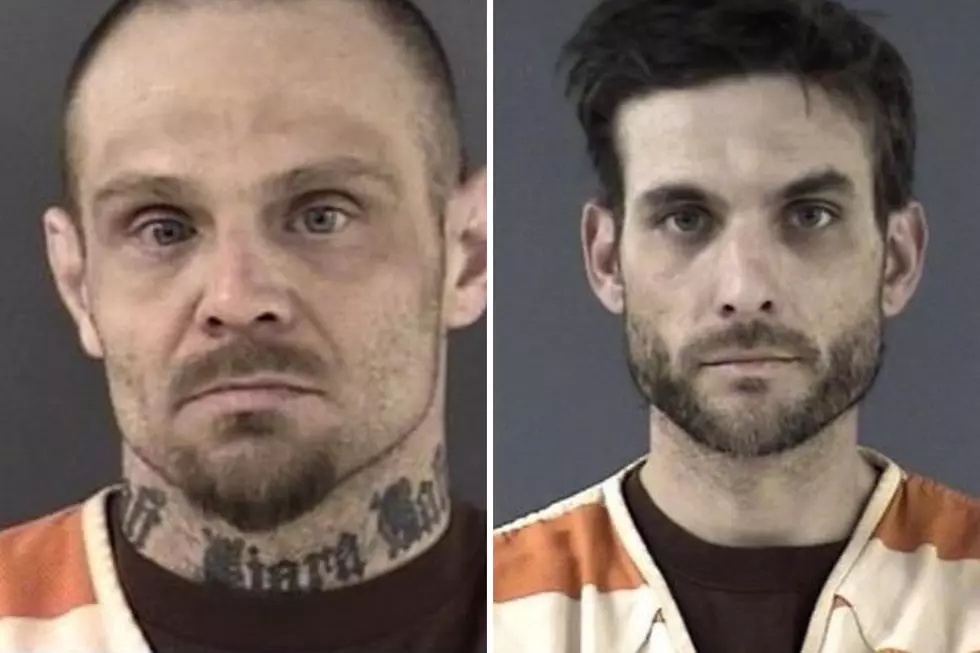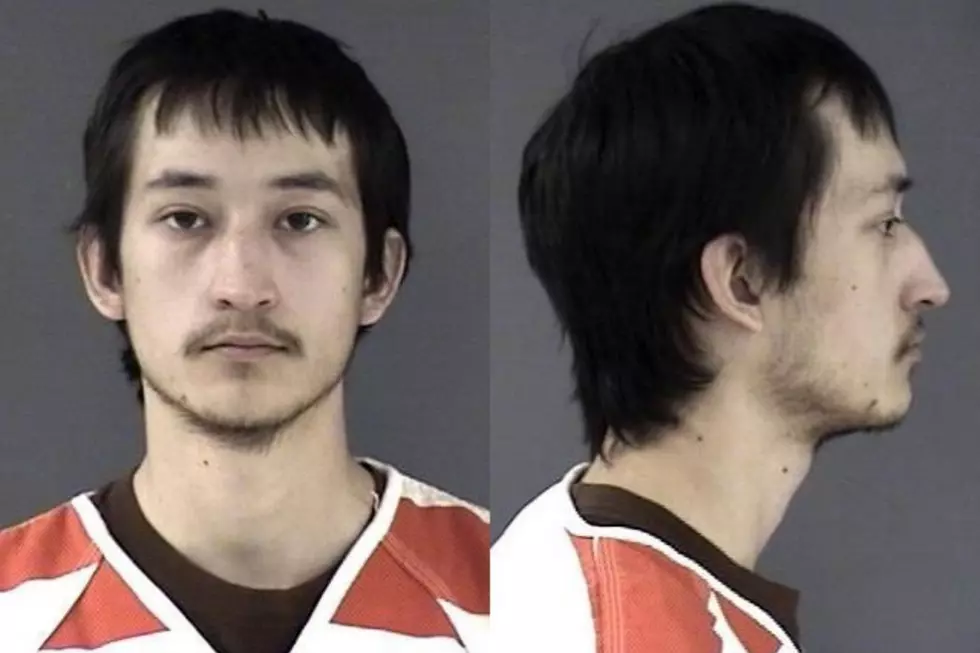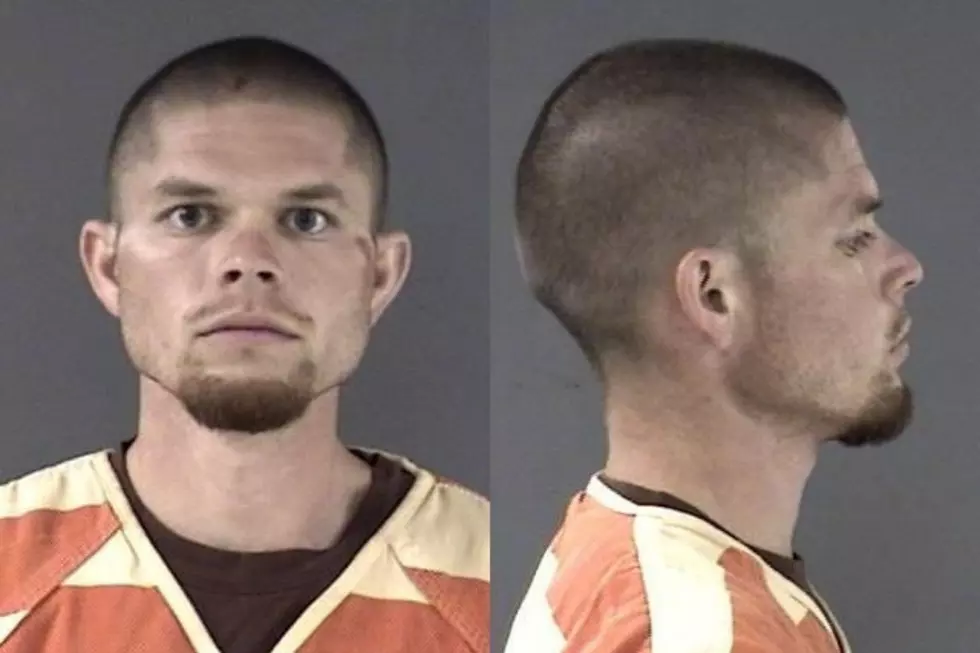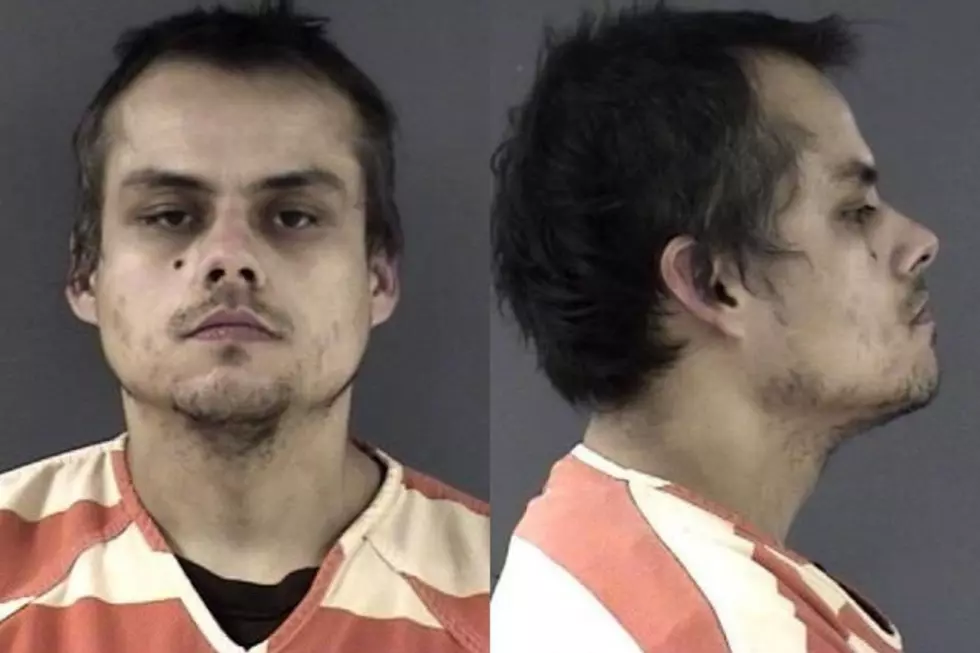
Mexican Violence, Church Safety, Nullification and LCCC all on Today’s Morning Zone
Listen to The Morning Zone on AM650 KGAB. Starting at 7:07AM MDT, National Association of Chiefs of Police Board Member, and columnist Jim Kouri guests. Jim's latest column: Two female Mexican journalists were discovered brutally murdered in the Mexican capital, according to a U.S. DEA agent working in Mexico City, who spoke on condition of anonymity. They are the latest casualties in a war just as deadly and fierce as Iraq or Afghanistan for soldiers, police and reporters.
The two news reporters, Ana Maria Marcela Yarce Viveros, 35, and Rocio Gonzalez Trapaga, 26, were discovered dead Wednesday evening by joggers in the El Mirador park in a popular neighborhood, but the identities of the two women were not confirmed until Thursday morning, according to Law Enforcement Examiner's DEA source.
According to the source, the two women's bodies showed signs of having been beaten to death by the unknown suspects.
"The bodies of the women were found completely naked hidden under a plastic sheet and the preliminary investigations of the homicide department indicate that it may be the result of an assault," said the news magazine Contralinea.
Yarce is the founder of a weekly magazine that specializes in investigative journalism, while Gonzalez Trapaga is a freelance reporter who once worked for the main national television station Televisa.
The Washington-based Inter-American Commission on Human Rights earlier this year reported that Mexico is the most dangerous country in the region for journalists with five other journalists murdered since the beginning of 2011.
While no one has claimed responsibility for the narco-terrorist killings, Mexican officials believe one of the powerful drug cartels ordered the murders.
Journalists' Life Expectancy Grows Shorter in Mexico
The US-based journalists' group Committee to Protect Journalists reports that 58 journalists have been murdered in Mexico since 1992. The group alleges that 25 of the journalists who were murdered were killed in reprisals for their work.
"One of the common indicators in these cases is the destructive presence of drug-trafficking in certain areas of the country, which has had an impact on the rise in violence against journalists," Mexico's Special Prosecutor for Crimes Against Freedom of Speech Gustavo Salas said.
Salas stated that journalists who work close to the US-Mexico border were the most vulnerable to acts of violence.
The slaying of crime reporter Yolanda Ordaz de la Cruz, who was found dead about a month ago showed the brutality of these killer. The well-known Mexican journalist had her throat slit ear-to-ear by her captors after they had abducted her in Vera Cruz.
In June, another Mexican journalist was shot dead and killed, along with his wife and 21-year-old son, by gunmen who burst into their home.
Miguel Angel Lopez Velasco, who wrote about politics and crime for the Notivia newspaper, was killed in his house in the port city of Vera Cruz.
Then, at 7:37, Shouldn’t church be the safest place in town? For anyone who’s ever been disappointed, hurt, or wounded in the church, author Dave Burchett will be on to discuss this from When Bad Christians Happen to Good People (Waterbrook Press, July 19, 2011) He offers hope to the hurting. With real-life illustrations from his own personal journey, Burchett helps to move past the pain into forgiveness and healing. Dave Burchett started off a disc jockey in Ohio, later moving into sports broadcasting. As an Emmy Award-winning television sports director, he has directed events ranging from baseball Hall of Famer Nolan Ryan’s sixth no-hit game to the Summer Olympics. He is also author of Bring ’Em Back Alive, and a Crosswalk.com and theFish.com blogger. Burchett writes honestly and authentically out of his personal experience. He and his wife, Joni, live in Texas and have three adult sons and a daughter in heaven.
At 8:07, Attorney Steve Klein will guest. He serves as staff attorney and research counsel with the Wyoming Liberty Group. In the 2011 Wyoming Legislative Session, he testified on the legal effects of the Health Care Freedom Amendment to both the Senate and the House Judiciary committees and consulted with legislators on various amendments to the bill. He will be giving his take on nullification. He says that nullification "is," that is, it exists and is part of U.S. history. Supporting nullification has been unfairly equated with supporting slavery and "re-starting" the Civil War. Nevertheless, its ties to secession and slavery cannot be ignored, and its insistence on states as wholly sovereign entities that are part of a "compact" that is the United States--which states can leave at anytime--ignores a lot of history, and is largely unworkable. My position is that states can effectively resist unconstitutional federal actions, but this should be done through passive resistance ("soft" nullification), court challenges, elections, and amendments to the constitution. The Constitution was designed to prevent tyranny, and has evolved into a tool that can prevent tyranny at all levels of government: its form and effects are far from perfect, but remain "more perfect" than any other system of government.
Then at 9:07, Lisa Murphy and the gang from LCCC will be back to update us on the latest from the college.
More From KGAB


